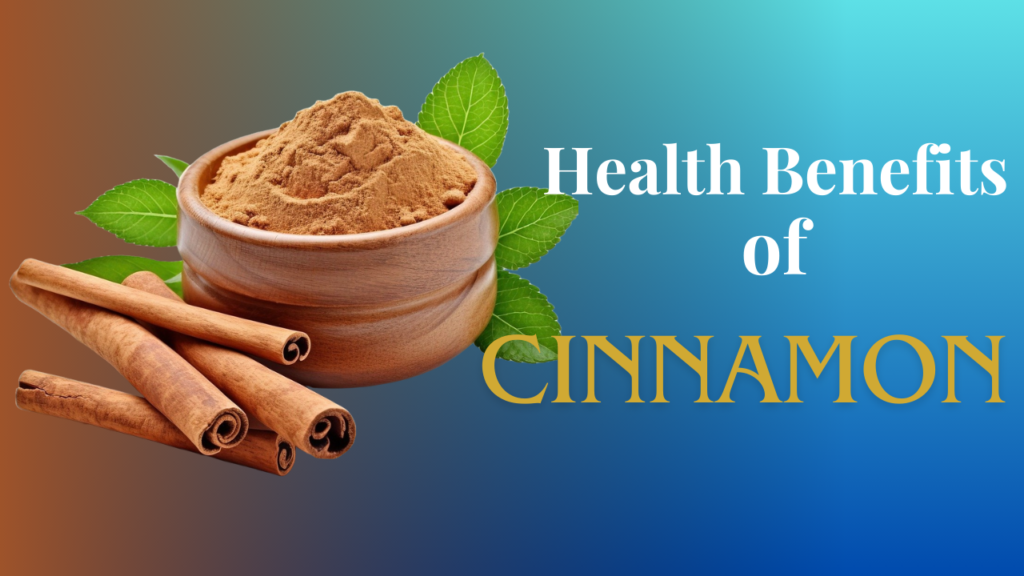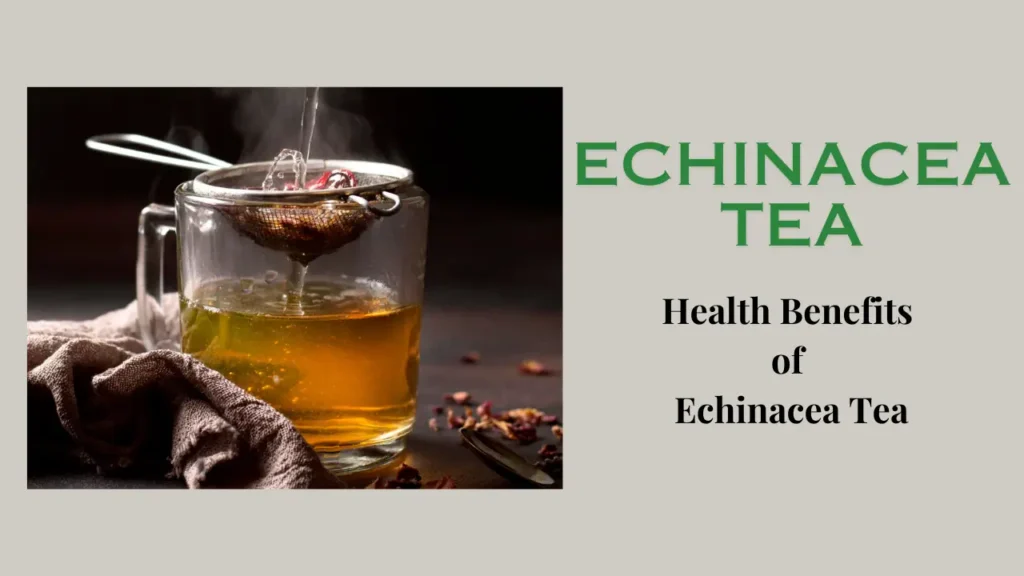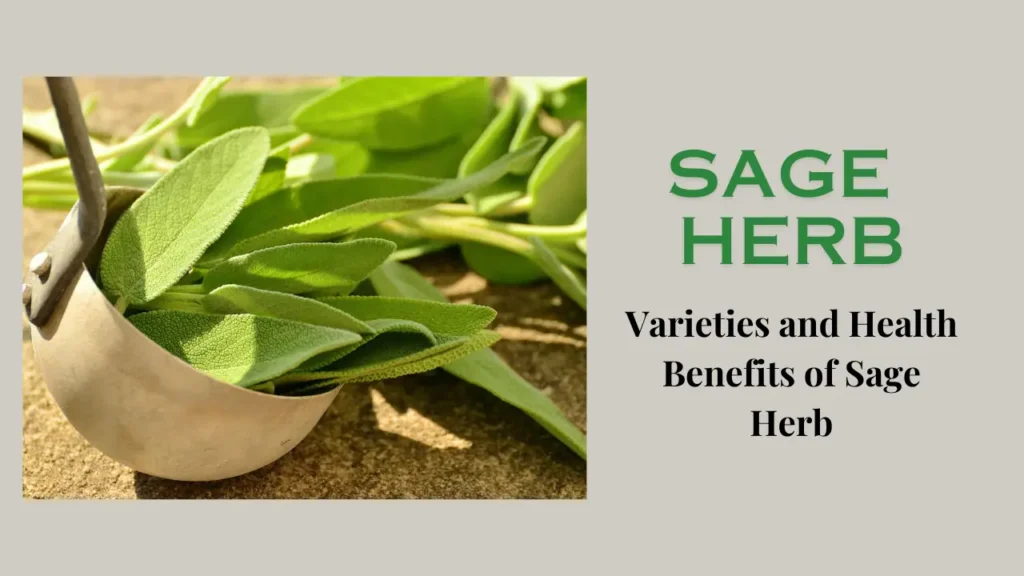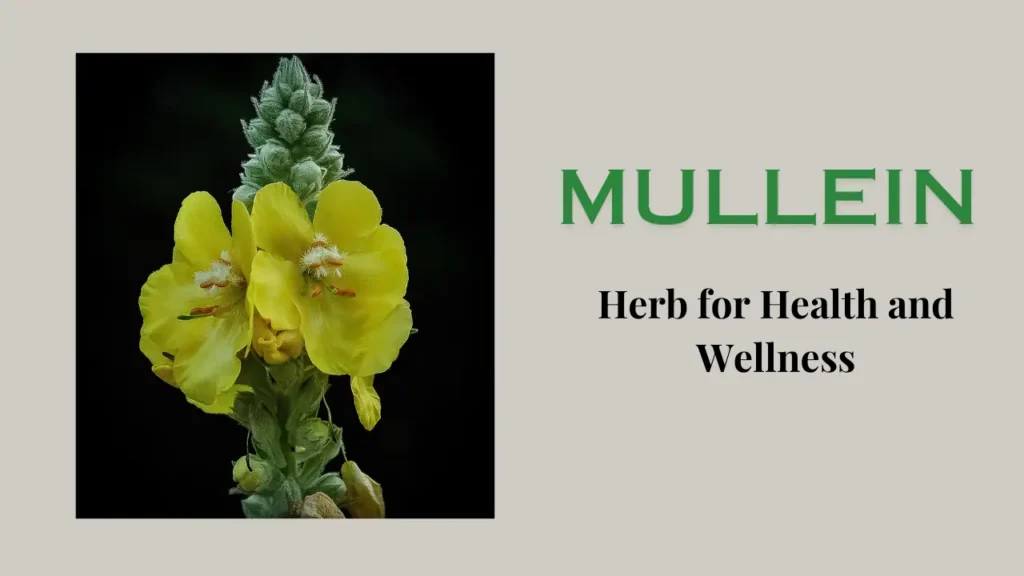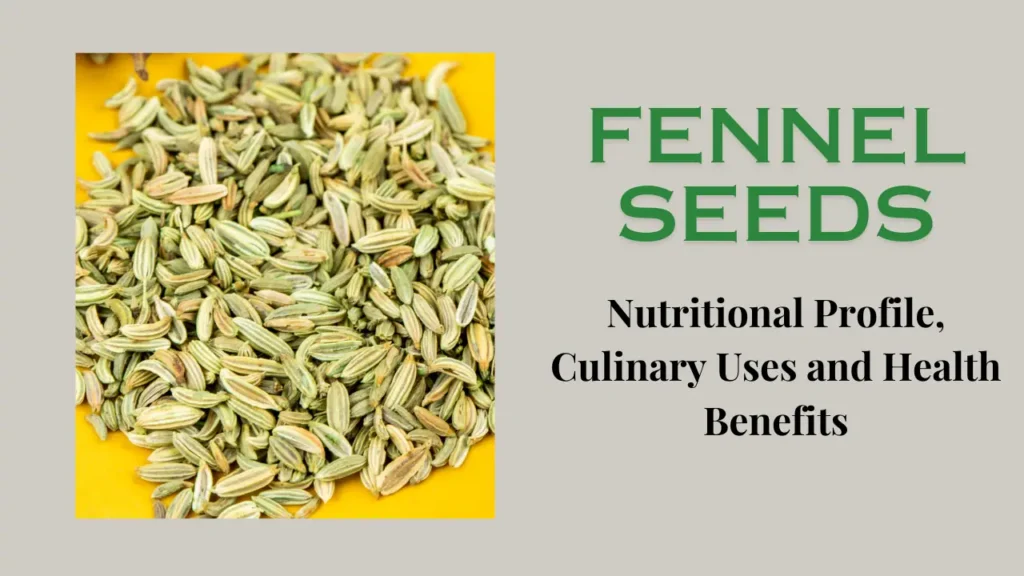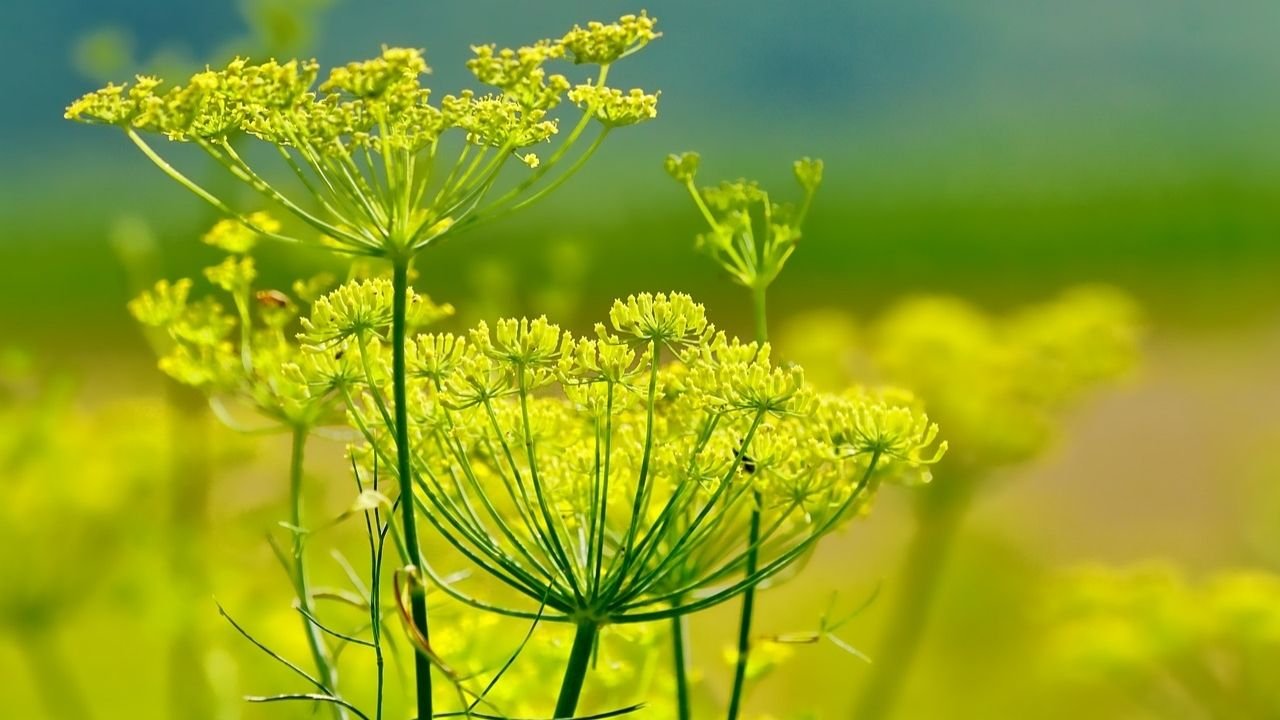
Definition
Fennel (Foeniculum vulgare) is a flowering plant that belongs to the carrot family, Apiaceae. It is originally found in the Mediterranean region but is now cultivated throughout the world. The ancient Greeks and Romans used it extensively for both culinary and medicinal purposes.
Flavor Profile of Fennel
Varieties of Fennel
There are many varieties of this herb and each has its own characteristics and uses. The names of some of its varieties are as follows:
- Florence Fennel (Foeniculum vulgare var. azoricum): It is cultivated mainly for its bulbous stem, which is often used as a vegetable. Florence fennel has a crisp texture and mild flavor compared to other varieties.
- Common Fennel (Foeniculum vulgare var. vulgare): It is grown mainly for its seeds and leaves. It is used as a culinary herb or spice and is known for its strong flavor and aroma.
Culinary Uses
A. As a Flavor Enhancer
1. In Baking and Cooking
- Its seeds are commonly used in baking and cooking, adding a unique flavor to breads, cookies, and other baked goods. It is often used in spice blends such as Chinese five-spice powder or Indian garam masala for its aromatic flavor.
2. Use it in salads and dressings
- Its leaves, also known as fennel leaves, are used as a garnish or herb in salads, dressings, and sauces. They add a fresh, herbaceous flavor and can complement a wide range of ingredients, including vegetables, seafood, and poultry.
B. In Beverages
1. Fennel Tea and its Soothing Properties
- Its tea is made by adding crushed fennel seeds or leaves to hot water. It is consumed for good digestion. It is also used as a natural remedy to provide relief from bloating, cramps, and indigestion. Its tea can be enjoyed both hot or cold and honey or other natural sweeteners can be used to sweeten it.
2. Fennel-Infused Water and its Benefits
- Adding fennel pieces or crushed seeds to water adds a subtle, refreshing flavor. Its water is hydrating and a healthy alternative to sugary drinks. It is especially popular during the summer months due to its cooling properties.
C. In International Cuisine
1. In Mediterranean Dishes
- It is a common ingredient in Mediterranean cuisine. It is often used in salads, roasted with vegetables, or braised with fish to enhance the flavor and provide a subtle anise-like taste. Fennel seeds are also used in Mediterranean sausages and cured meats.
2. In Indian and Middle Eastern Cuisine
- In Indian and Middle Eastern cuisine, its seeds are a key component of spice blends, such as panch phoron and za’atar, adding depth and complexity to curries, rice dishes, and bread. Fennel leaves are used as a garnish in various Indian dishes, providing a fresh, aromatic touch to dishes.
Read Also: Licorice
Health Benefits of Fennel
A. Digestive Aid and Alleviation of Gastrointestinal Issues
i. Reduction of Bloating and Flatulence
- It contains several compounds that have carminative properties, which help in relaxing the intestinal muscles, reducing bloating, and providing relief from gas. Therefore, chewing fennel seeds or drinking its tea after meals helps in digestion.
ii. Relief from Indigestion and Heartburn
- Its soothing properties help reduce symptoms like indigestion and heartburn. Consuming fennel tea or its seeds neutralizes excess stomach acid, which helps in providing relief by reducing inflammation in the digestive system.
B. Anti-inflammatory and Pain Relief Properties
i. Easing Symptoms of Arthritis
- The anti-inflammatory compounds present in it help reduce inflammation and provide relief from symptoms associated with arthritis, such as joint pain and swelling. Adding fennel to your diet or using its oil topically may provide some benefits.
ii. Soothing Respiratory Conditions
- It is traditionally used to provide relief from respiratory conditions such as cough, bronchitis, and asthma. The expectorant properties of fennel remove congestion and help soothe the respiratory tract.
C. Hormonal Balance and Menstrual Health
i. Alleviating Menstrual Cramps and Discomfort
- Fennel is believed to have antispasmodic properties that relax the uterine muscles, helping to reduce menstrual cramps and discomfort. Drinking its tea provides relief during menstruation.
ii. Promoting Lactation in Nursing Mothers
- It has been used for centuries to promote lactation in breastfeeding mothers. It is believed to stimulate milk production in women and may help increase breast milk flow.
D. Antioxidant and Immune-Boosting Effects
i. Protection Against Cellular Damage
- It is a rich source of antioxidants, including vitamin C and various phytonutrients, which help neutralize harmful radicals and protect cells from oxidative stress. This antioxidant activity contributes to overall health and well-being.
ii. Strengthening the Immune System
- Fennel has immune-boosting properties that help strengthen the immune system, due to its antioxidant content. This makes the body more alert to infections and diseases.
How to Incorporate this into Your Daily Routine
A. Fennel in Cooking
a. Recipes with Fennel
- Explore recipes that feature fennel as a key ingredient, such as roasted fennel bulbs with olive oil and herbs, fennel and orange salad with citrus vinaigrette, or fennel and lemon salad with grilled salmon.
b. As a Garnish and Flavor Enhancer
- Sprinkle chopped fronds over soups, stews, roasted vegetables, or grilled meats to add fresh, herbal flavor. To enhance the taste of dishes, its seeds can be crushed and added to spices, marinades, or salad dressings.
B. Herbal Remedies
a. Make Fennel Tea
- To make its tea, soak crushed fennel seeds or leaves in hot water for 10-15 minutes. Enjoy this tea after meals to aid digestion or before bed to promote relaxation.

b. Use Fennel Oil
- Its oil is quite thick, so it should be used after diluting it with a carrier oil. Massaging it on the stomach for digestive relief or on the chest to reduce respiratory distress may provide relief.
C. In Alternative Medicine
Ayurvedic Uses
- In Ayurveda, it is believed to have cooling properties and is used to balance the doshas, especially pitta. It aids digestion and promotes detoxification so it is often included in Ayurvedic formulations.
Precautions and Potential Side Effects
A. Allergic Reactions and Sensitivities
- Some individuals may be allergic or sensitive to fennel. Therefore, if after consuming it you feel symptoms like itching, swelling, or difficulty in breathing, stop using it and seek medical help.
B. May Interact with Certain Medications
- It may interact with some medications so if you are taking any medications, consult a doctor before adding fennel to your daily routine.
C. Follow Consumption Guidelines for Different Age Groups
- It is generally safe for everyone to consume but it is still important to exercise caution and consider individual needs, especially for pregnant women, breastfeeding mothers, and young children. Pregnant women should consult their doctor before using fennel in medicinal amounts.
Conclusion
Remember, before starting any new wellness regimen, it’s always best to consult with a healthcare professional to ensure it is suitable for your specific needs and circumstances.
Both raw and cooked fennel have their benefits!
- Raw: It provides crunch, retains vitamin C, and exhibits its distinctive flavor. It is used in salads, dips, or snacking.
- Cooked: Using it cooked softens its texture, increases sweetness, and enhances its flavor. It’s great for roasting, stir-fry or soups. Ultimately, it depends on your taste preference and desired culinary experience.
It has sedative and antispasmodic properties that are traditionally used to aid sleep. However, its scientific evidence is inconclusive. It helps some people in sleeping but it does not affect others.
It contains dietary fiber, which may promote satiety and potentially aid in weight management. However, there is no magic pill for burning fat. Fennel alone may not have an impact on weight loss unless a balanced diet and exercise are included.
It is generally safe for most people but some individuals should be careful with taking it:
- Pregnant or lactating women: It is not suitable for pregnant women due to its estrogen-like properties. Therefore, consult a doctor before consuming it.
- People with certain medical conditions: It may interact with certain medications. So if you are already taking any medication, check with your doctor before consuming it.
- Sun-sensitive individuals: It may increase sensitivity to the sun. If you consume it then avoid sunlight.
Absolutely! Raw fennel is a tasty and healthy snack. Its crisp texture and refreshing flavor make it a great addition to salads, and crudities, or enjoyed on its own.

